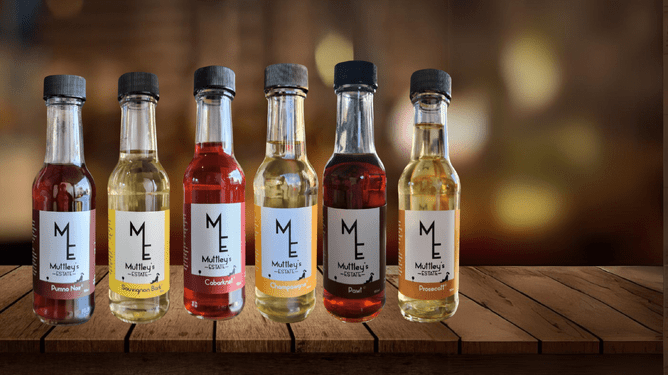If your favourite feline is partial to a little catnip, a new catnip wine might appeal. It is a real thing and it was announced in Aotearoa New Zealand today.
I have yet to personally smell or taste the new products but I grow a lot of fresh herbs, including catnip, and I can vouch for its potency as a strongly herbaceous substance to cats.
Catnip (or Nepeta cataria) is thought to have been introduced to New Zealand as a garden herb in 1870 and has been seen to positively impact mood in approximately two thirds of cats while also helping to soothe anxiety in dogs.
Global demand for catnip is rising, driven by pet product manufacturers and natural health industries. The catnip essential oil market alone is projected to grow by 5.8% annually by 2030 to reach $400 million, which is what inspired a New Zealand company called Muttley’s Estate to produce its first pet wine.
The company understands that it is the world’s first manufacturer of a shelf-stable pet wine that can be stored for up to 12 months.
John Roberts, Muttley’s Estate director, says catnip is a resilient crop that has adapted to grow well in New Zealand’s temperate climate and well-drained soils.
He hopes that commercial farming of catnip will further diversify New Zealand’s horticultural sector.
Roberts says with a growing domestic footprint, the company is now setting its sights on the lucrative US market, where pet owners are increasingly seeking premium, novelty products for their furry companions.
“One of the key advantages of catnip is that even a small crop yields enough to produce a batch of pet wine, allowing us to create a high-value product without requiring extensive land investment," says Roberts.
“Since launching the range in New Zealand less than a year ago, we have already signed over 40 retailers and have developed a strong direct-to-consumer channel presence."
Roberts says research shows the impact of chronic anxiety and stress among pets has become more prevalent due to a combination of urbanisation, multi-pet household dynamics, ongoing issues relating to the pandemic and shifting lifestyles.
“We’re now working with New Zealand Trade and Enterprise to identify distributors in overseas markets."
The company is also investigating the potential of catnip for human consumption, with trials underway to determine its suitability for the human market.
“Catnip is related to the mint family, so it is safe for humans. We're working with food technologists to explore the possibilities."



